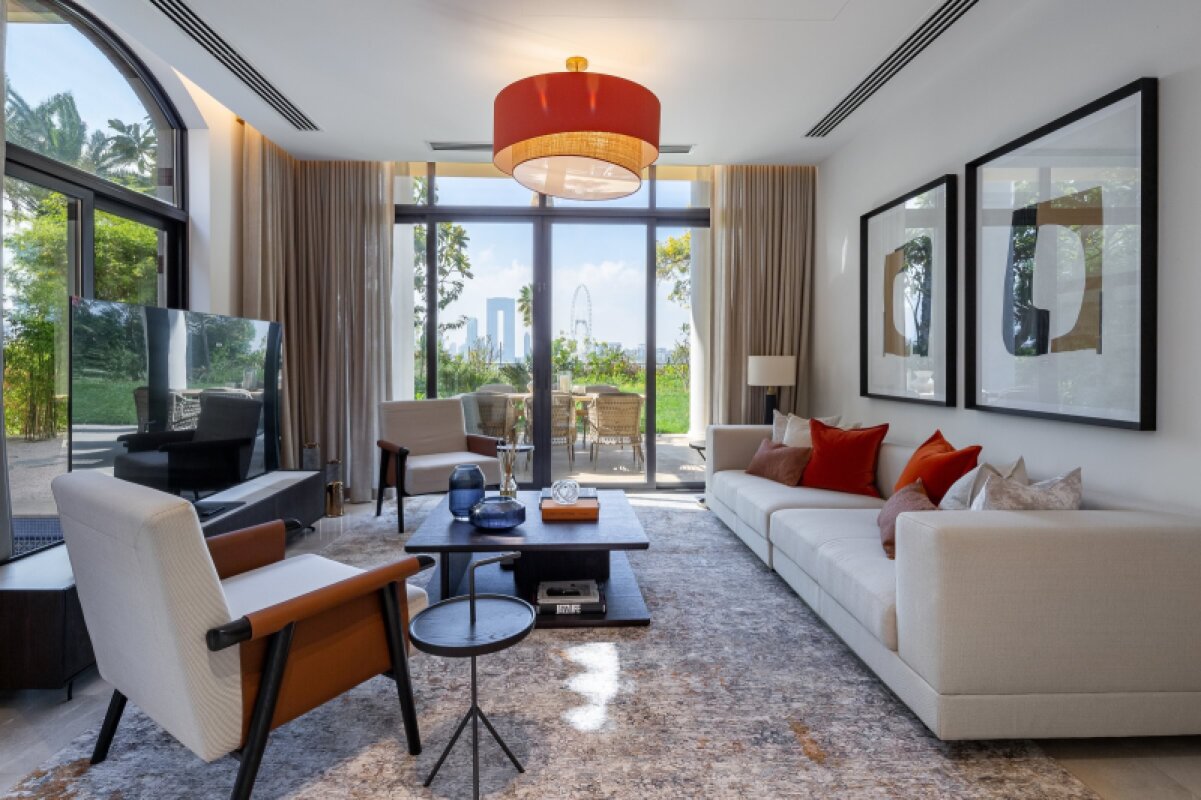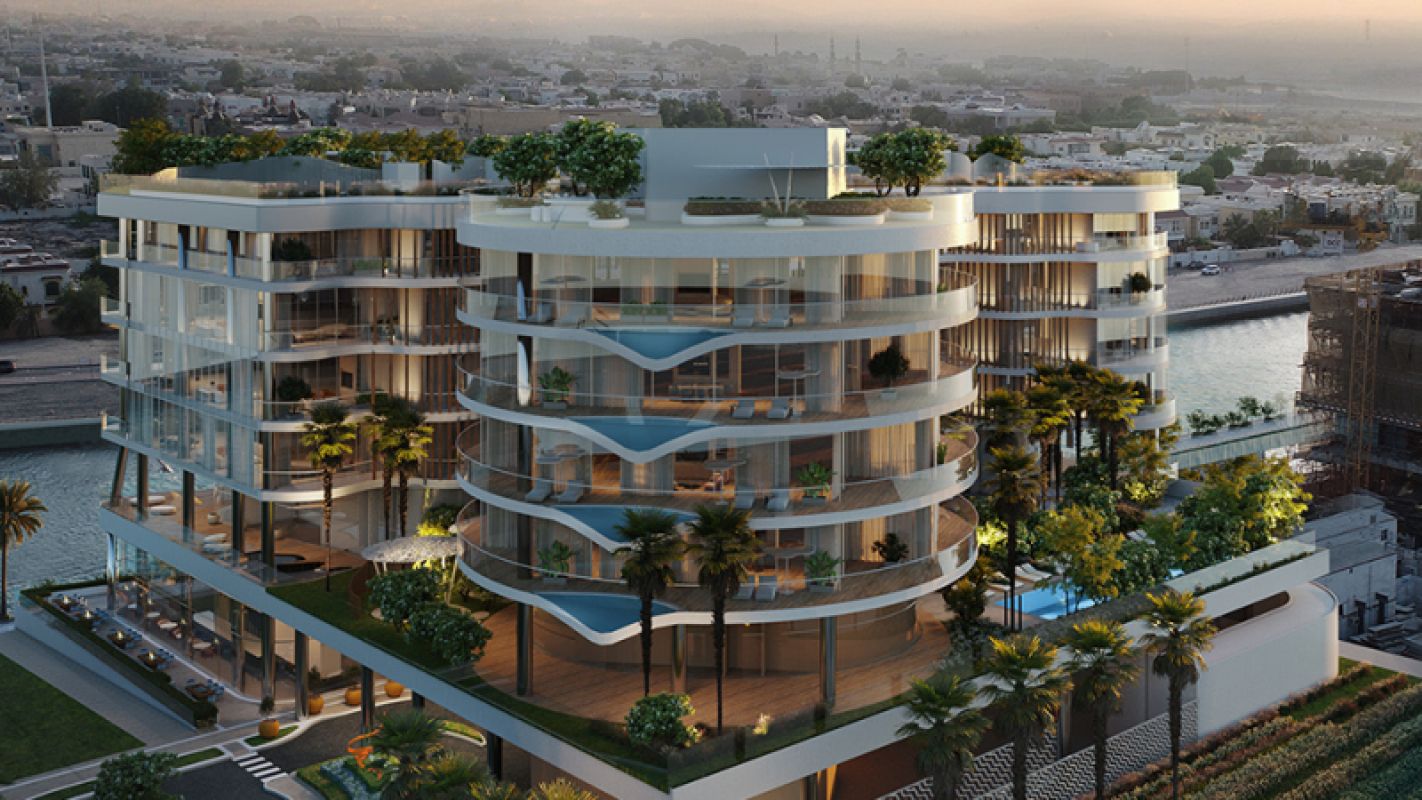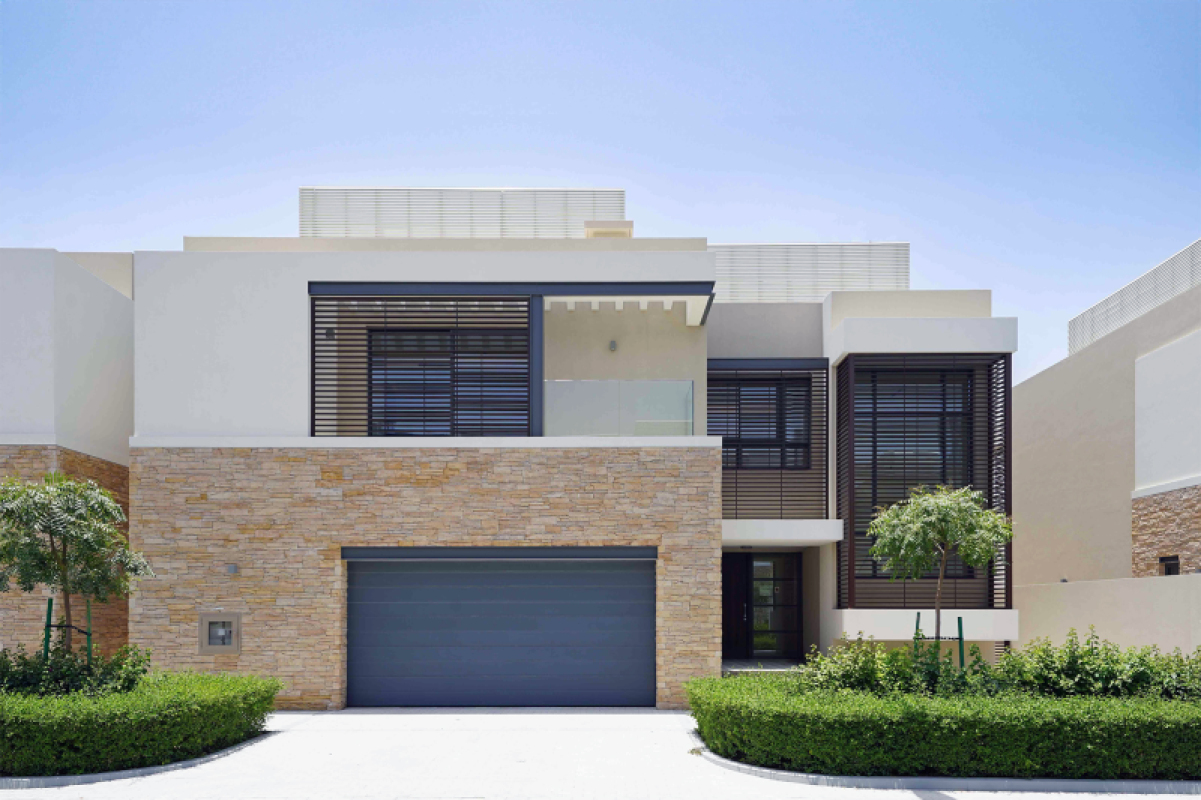
Compliance & Regulations in Dubai Property Management
Owning or managing property in Dubai offers incredible opportunity, but it also comes with strict legal obligations. The city’s property sector is globally admired for its transparency, yet that very transparency is rooted in compliance and regulation.
Whether you’re a landlord managing one apartment or a property management company overseeing dozens of units, staying compliant with Dubai’s real estate laws is essential. From RERA regulations and tenancy law to health and safety standards, the legal framework ensures that both owners and tenants are protected while maintaining Dubai’s world-class real estate reputation.
This article outlines the key compliance areas every landlord and property manager must follow to stay on the right side of the law in 2025 and beyond.
Understanding Dubai’s Real Estate Regulatory Framework
Dubai’s real estate market operates under a multi-layered governance system designed to promote investor confidence, tenant rights, and operational accountability.
The two main regulatory bodies overseeing compliance are:
- Dubai Land Department (DLD): responsible for real estate registration, ownership, and transaction oversight.
- Real Estate Regulatory Authority (RERA): the arm of DLD that issues licenses, monitors developers and property managers, and enforces ethical and operational standards.
RERA’s laws define how property management, leasing, maintenance, and tenant relations must be conducted. Violations can lead to license suspension or financial penalties.
Staying Updated with RERA Regulations
Compliance begins with continuous awareness. RERA regulations are dynamic, adjusting to market conditions, environmental goals, and community standards.
Key laws to follow include:
- Law No. 7 of 2006: Establishes the Dubai Land Department’s framework.
- Law No. 26 of 2007 (as amended by Law No. 33 of 2008): Regulates the relationship between landlords and tenants.
- Law No. 8 of 2007: Governs escrow accounts for developers and property management transparency.
Every property management company in Dubai must hold a valid RERA license and ensure that all staff directly dealing with tenants, leases, or rent collection are RERA certified.
Compliance with Tenancy Laws
One of the cornerstones of Dubai’s real estate system is the Tenancy Law, designed to ensure fairness and transparency between landlords and tenants.
A. Rent Increase Rules
Dubai’s rent increase limits are governed by Decree No. 43 of 2013.
Landlords can only increase rent within the parameters set by RERA’s Rent Index Calculator, and must notify tenants at least 90 days before contract renewal.
Unauthorized or excessive rent increases can lead to penalties or legal disputes.
B. Eviction Rules
Eviction is strictly regulated to prevent misuse. A landlord may only evict a tenant for valid reasons such as:
- Failure to pay rent (after written notice).
- Property damage or illegal use.
- Owner occupation or sale of the property (with 12 month notice via notary public).
These rules ensure that both sides, landlords and tenants, operate within a transparent legal structure that minimizes conflict and promotes trust.
Health, Safety & Building Code Compliance
Beyond financial and legal compliance, Dubai places a strong emphasis on the health, safety, and structural integrity of its properties.
A. Fire & Building Safety
Developers and managers must comply with the Dubai Civil Defence (DCD) codes and Dubai Municipality Building Regulations, which cover:
- Fire alarm and suppression systems
- Electrical and gas safety
- Emergency exits and lighting
- Regular building maintenance and inspections
Neglecting safety codes can result in heavy fines or even closure of the property.
B. Health & Environmental Standards
All residential and commercial buildings must meet Dubai Municipality health standards related to air quality, water systems, and waste management.
For property management companies, ensuring ongoing inspection reports and third-party safety certifications not only guarantees compliance but also strengthens client trust.
Digital Compliance Systems
Dubai’s property regulation ecosystem is now largely digital, offering convenience and traceability:
- Ejari: Registers tenancy contracts, renewals, and notices.
- Mollak: Tracks jointly owned property service charges and OA budgets.
- REST App: Provides access to property data, rental calculations, and ownership verification.
Using these platforms is not optional, it’s mandatory for licensed property managers and landlords. Digital compliance minimizes disputes, provides an audit trail, and ensures transparent dealings between owners, tenants, and authorities.
Compliance isn’t a one-time process, it’s a continuous commitment.
Here’s how professional managers stay ahead:
- Monthly Law Updates: Subscribe to RERA and DLD circulars.
- Annual License Renewal: Keep your RERA and DED licenses current.
- Staff Certification: Ensure all employees handling real estate activities renew their RERA cards annually.
- Audit Trail: Keep all communications and documents (contracts, notices, payments) archived for at least five years.
- Insurance: Secure public liability and property damage insurance as part of your compliance strategy.
The rules may evolve, but the principle remains the same: compliance is the foundation of confidence in Dubai’s real estate market.
For landlords and investors looking to navigate this regulatory environment smoothly, partnering with an experienced, RERA-licensed management company ensures that every property operates within Dubai’s legal framework.
Frequently Asked Questions
Related Posts

 Share
Share

